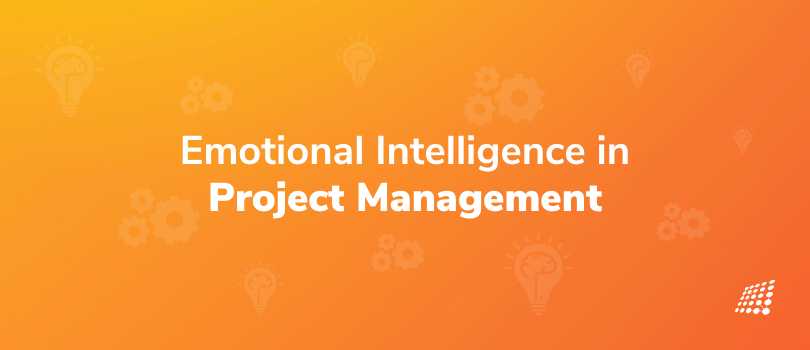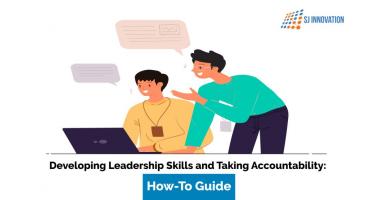Emotional Intelligence in Project Management
June 14, 2018

Project Management can often be hectic and that can lead to outburst of emotions that we may regret later. It is important that we practice emotional intelligence and keep working on it on a regular basis. There are many things to be learnt and understood but I want to touch base on 7 things that I try to practice:
- Take time to reflect on your own emotions and reactions: While you are not working, think of your day at work and try to see if there is anything that you could have done differently that would have given you a better outcome (For example, a client call you have attended without preparation, now you are thinking if you had reviewed the requirements closely you could have nailed the meeting but instead now you have to schedule another meeting). Write it down, if you have anything like this and cross it after few days if you feel you no longer do it. It is important to give yourself a form of accomplishment.
- Ask others for perspective on how they view your interactions with them: Reach out to your colleagues and ask them for honest opinion. Not all of them will be honest or take you seriously but if you tell them “I am trying to fix myself, so tell me what you hate the most about me?” and you will be surprised what they will tell you. It can be things like “you always take my pen and never return, or all of your meetings are scheduled at the eleventh hour and we don’t get enough prep time, or you talk on the phone too loudly that distracts us all”.
- Be observant of your emotions based on your newly acquired information from steps 1 and 2: It is very easy to get upset over the feedbacks you receive and may even think they are wrong. STOP, it is a feedback and if you really want to improve then think about it and try to improve on one thing at a time. No one is telling you to change who you are.
- Pause for a moment to think before you act or speak: I have always been a reactive person, that means I do things or say things right away. For example, I would see a client email and get upset and write a quick email saying it’s all his fault and not mine and send it and moment after sending I would regret thinking “O No, i have used very unprofessional language in the email that I should never have used.” So, I have started to use delay delivery option on outlook that gives me time to cancel my sent email. And also, instead of reacting I now take time to think re think, think again and then write email or say things to client on a phone call.
- Keep the “Why people are feeling the way they are” at the forefront of your mind before interacting with them: Not everyone is conspiring against you or want to treat you badly. Just like you have good days bad days, people also go through it so before judging anyone based on how they have dressed or what they have said, always try to find more information about it without being nosy of course. Give people benefit of the doubt if they say or do things that is unacceptable from your view. Show them your honest concern, and they will tell you what happened or why it happened.
- Don’t be offended by criticism; instead, seek out what you can learn from it: We all love positive feedback and it motivates us to go the extra mile; but at the same time learn to take criticism positively as well. Think about it, if no one criticized you then you would not have learnt about it or understood what people think of you or your work.
- Practice, practice and keep practicing: You must continuously practice it. You cannot just do it once, and think I am done. Things are always changing, whether it is your job or your responsibilities in your job. You get promotion and suddenly you are hanging out with a different group of people. Your behavior needs to be changed accordingly. Only if you are practicing Emotional Intelligence regularly then in no time you will mix with that group and be working to move up even further.

Developing Leadership Skills and Taking Accountability: How-To Guide
January 28, 2021

T (Together) E (Everyone) A (Achieves) M (More)
July 28, 2016

Secret skills of a Perfect Team
November 23, 2015

